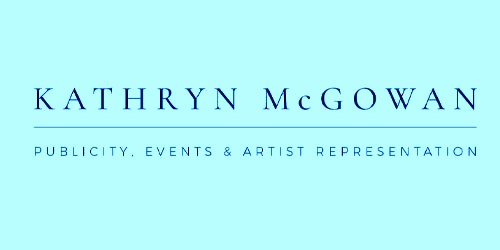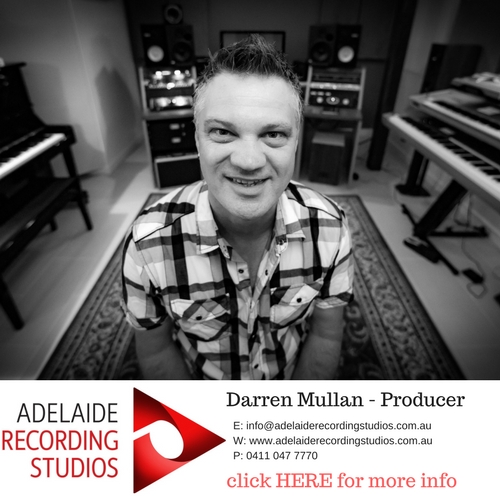by David Robinson.
Olwen Fouéré is bringing riverrun, a performance inspired by the last chapter of James Joyce’s Finnegans Wake, to Australia. After impressing audiences and critics alike in Britain and Ireland, this acclaimed adaptation of Joyce’s impenetrable work is set to wow Festival audiences in both Adelaide and Sydney.
We catch up with Olwen as she prepares for rehearsals, and ask her what it was about this particular piece of writing that appealed to her.
“I’ve always been interested in Finnegans Wake as material for a performance,” she begins. “I just hadn’t done anything about it. The book ends on this wonderful half sentence. The last word being ‘the’. I loved the idea of something supposedly ending in this way, when you know that it’s going to continue in some other dimension.
“I think the whole idea of speaking, not as a person but as a kind of a channel through which a river would speak, was a very appealing idea. It was attractive to me as a performer, and also in terms of breaking down the usual framework of language. It’s communication in very subliminal, elemental ways.”
You’ve been performing riverrun since 2013. Where have you taken the piece?
“The world premiere was in July 2013, at the Galway International Arts Festival. I did it in another festival in Dublin, and then it was invited to the National Theatre in London. After that it went to the Traverse Festival in Edinburgh and on to the Brooklyn Academy of Music Next Wave Festival in New York. It’s done quite a bit of travelling already, but I’m really thrilled to be coming back to Australia because the whole thing was born in Sydney.”
riverrun was inspired by a reading of the last page from Finnegans Wake that Olwen did in Sydney for Bloomsday (the annual James Joyce/Ulysses commemoration) in 2011. Are these Adelaide and Sydney shows the Australian premieres of the complete performance?
“Yes, which is great because it just feels right,” she says. “It’s taken up a lot of my time over the last two years and, while I’m very happy about that, there’s always a stage where you have to let something go for a while. I need to focus on some other work. I think after Sydney I’ll put it down for a while, but I’ll probably pick it up again –maybe next year.”
Was there much collaboration in the developing of this play, or was this largely a solo project?
“It was fundamentally a very solitary exploration, but occasionally I worked with different people who have influenced the piece in various ways,” Olwen explains. “I did about seven or eight public readings of different versions of the edit before I actually started rehearsing it. In a way, those readings gave me a huge amount of insight into what my next step would be.
“Once rehearsals began, there were quite intense collaborations. I brought in a co-director, to be my eyes once we moved into a theatre. It’s very hard to self-direct; you can’t watch yourself,” she laughs. “You can’t see how the whole thing looks. That was the hardest job, actually, finding somebody. I was very fortunate I found Kellie Hughes because she’s been fantastic.”

Olwen Fouéré – riverrun. Image courtesy of Colm Hogan
Adelaide Festival Artistic Director David Sefton says that you have achieved the unachievable in dramatising an aspect of Finnegans Wake. How difficult a task was it for you, putting this together?
“It was massively difficult,” Olwen says. “But the difficulty, in itself, gave me the solution in the sense that it’s seen as such an impenetrable and impossible piece of literature and people very often try to determine the fundamental narrative. I actually don’t think the narrative of has much bearing on the piece at all; it’s very much about an experience of reality and a totality of existence.
“This was a constantly shifting journey so, in a way, an encounter with the material has to be completely guided by oneself. I just had to trust whatever was guiding me,” she continues. “That was quite a liberating thing because it made me really understand that it’s not about imposing something, it’s about following something. So, in some ways, the difficulty allowed me to really make that journey. This is why I had to direct it. Nobody else could understand my relationship with the piece; I had to be the person guiding the process. Knowing what is, and should be, happening.”
Finnegans Wake remains unread by most. What are you hoping that audiences will take from your performance?
“In terms of the performance, I just see it as kind of an offering, a collective experience,” Olwen says. “Once people abandon whatever need they might have for a story or a narrative and just go with it, almost like you would with a piece of music, it becomes an hour-long journey. Audiences are usually happy to go on that journey, because it’s the only way you can really experience it. However, I’m not trying to make anybody read Finnegans Wake – I’ve never read the whole thing myself, and I probably never will. I’ve always just dipped into it at random and I think that it is the most beautiful book for that.
“Most people who go to see riverrun would know that it’s Joyce’s book of the night, it’s his dream book, with dream language. It’s deliberately opposite to Ulysses in that way, which is a book about one day. Fundamentally, the book is the history of existence, from the dawn of time. It’s a microcosm of a moment expanded into a massive universal history,” she concludes. “I think that it is very much the journey of the body through the night towards the dawn, from a kind of death to rebirth, and this is reflected in the piece. People will intuitively grasp that journey. It speaks to us in a deep human way, as well as being an extraordinary work of literature.”
Olwen Fouéré performs riverrun at Dunstan Playhouse, Adelaide Festival Centre, at various times from Thu Feb 26 until Mon Mar 2.
Book at BASS on 131 241 or bass.net.au. Click HERE to purchase your tickets.
Images courtesy of Colm Hogan




